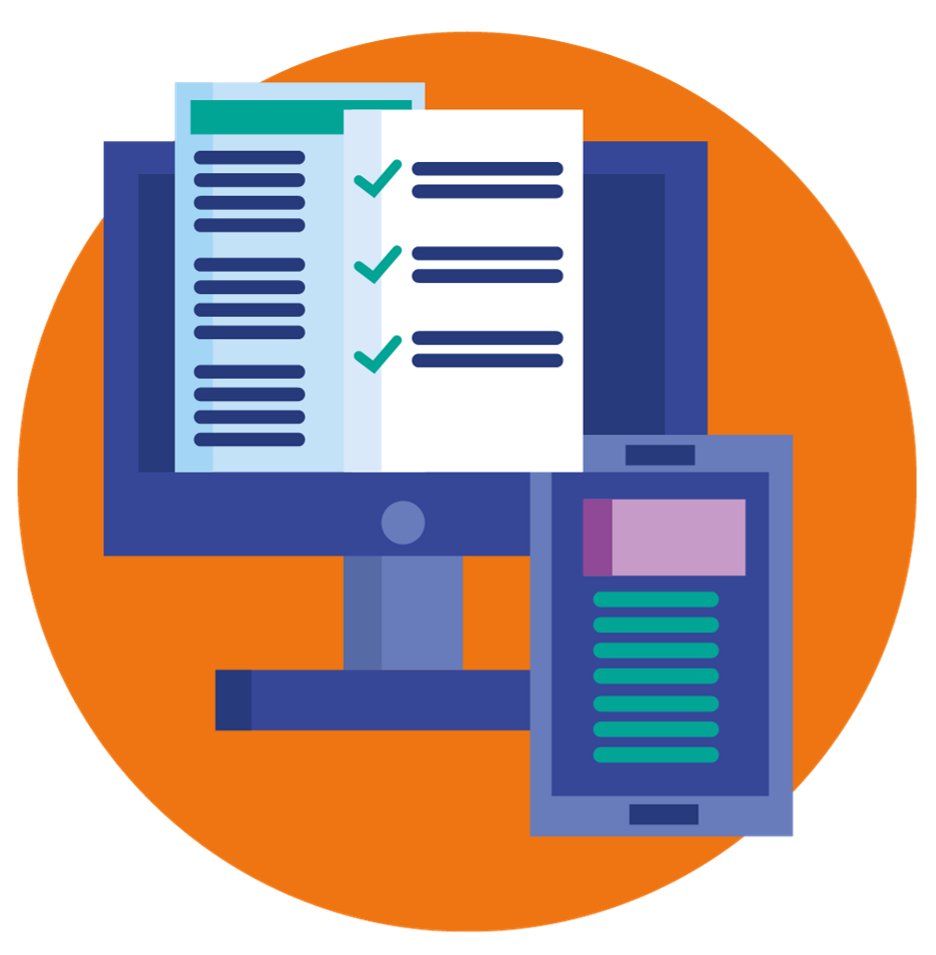BUILDING A STRONG FOUNDATION FOR THE DIGITAL ERA
Concretely, these rights and principles mean: affordable and high-speed digital connectivity everywhere and for everybody, well-equipped classrooms and digitally skilled teachers, seamless access to public services online, a safe digital environment for children, disconnecting after working hours, obtaining easy-to-understand information on the environmental impact of digital products, control over how personal data is used and with whom it is shared.
In addition to governments, other stakeholders also play an important role in shaping digital citizenship. Business sector has been pioneering digital citizenship, as they develop and run the most popular platforms nowadays. The majority of companies, especially those in the IT sector, have keen awareness about digital citizenship. They see it through various lenses, from their relation to the employees to the norms of appropriate, responsible, and healthy behaviour with regard to technology use in order to maximise productivity and protect the public image of the company. They also develop digital citizenship programmes to help their companies achieve digital trust commitments as the company develops and implements new technologies, new services, and new ways to capture and use data, compliance and legal expertise in digital values, emerging technology, privacy, records, information management, and cybersecurity (e.g. Walmart).
Microsoft and Meta are more relevant for Europe, youth organisations, and digital citizenship education because they have well-developed programmes, information, and education packages for their users.
Meta developed Get Digital Digital Citizenship and Wellbeing program that encompasses digital skills for real life with several elements that can be used by young people and also educators:
• Digital Foundations: Helping young people understand how to get connected and use digital tools to stay safe
• Digital Empowerment: Teaching youth how to use online voice to create better opportunities for themselves and their community
• Digital Engagement: Giving young people the resources to build safe, supportive and inclusive online communities
• Digital Wellness: Sharing ways to manage young people’s health and wellbeing while online and offline
• Digital Opportunities: Preparing youth to create the next wave of technology with the skills young people need to participate in the digital future
Microsoft developed Digital Citizenship Toolkit for Educators that consists of three pillars:
Digital literacy: Those who are literate in the online world are better prepared to avoid risky situations, make better-informed decisions, and better understand how to maintain their privacy. Students will learn basic online safety habits like how to protect their accounts and reputation, the importance of strong and secret passwords, and how to update their computers and devices to defend against malware and scams.
Digital civility: Internet users should demonstrate respect for others—behaving with civility and being protective of everyone’s rights (including their own). They should learn and apply the skills to behave ethically and within online social norms. Students will learn skills that include being judicious about what they say and do online as well as protecting others’ privacy by not sharing personal details of friends and family without their permission.

Information literacy is the ability to identify, locate, evaluate, and effectively use information from the Internet to complete a task, answer a question, or research a topic. Students will learn how to correctly evaluate the validity of information on the Internet, how to protect the content they publish, and how to accurately give credit to the work of others.
Intergovernmental organisations: The EU has been pioneering in developing and running the Digital Agenda. The Commission’s two strategic communication documents, namely: Shaping Europe’s digital future and Shaping Europe’s digital decade, place emphasis on human-centric and trustworthy AI, cybersecurity, European data spaces and infrastructure, and setting global technology standards. Furthermore, the EU Digital Compass plays a prominent role in ensuring meaningful Digital Citizenship. During this time, both the EU and the CoE are focusing on AI governance, through the AI Act and Convention on AI, Human Rights, Democracy, and the Rule of Law. In addition to it, the EU has adopted Digital Services and Digital Markets Acts, which view technology beyond solely as a tool for states’ economic growth, and focus on the meaningful use of technology in citizens’ lives.
Quite a few initiatives are funded or partly funded by the European Commission, such as the Insafe Network (Safer Internet Day); Creative Europe also has a lot of potential to create awareness. UNESCO and the European Media and Information Literacy Forum are examples of international organisations active in creating awareness in this regard, and more and more regulators are becoming active in the space of media literacy and digital spaces. The overview and multi-stakeholder consultations undertaken by the Council of Europe’s DCE Expert Group seem to indicate that digital citizenship is only now beginning to move onto the agenda of many European governments.
